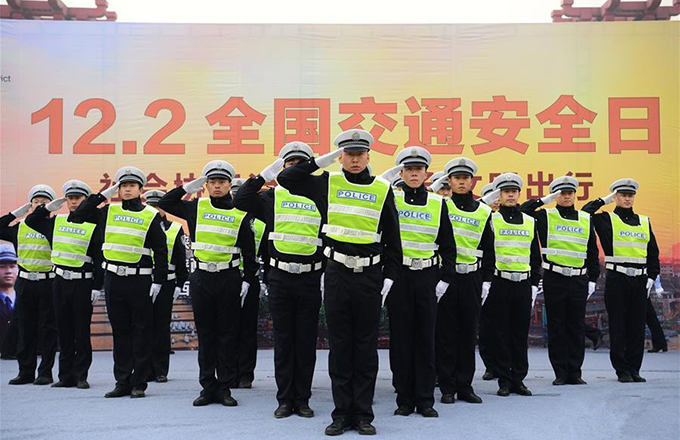OBOR boosts Nepal-China relations
After the successful conclusion of the 10-day long first-ever joint military exercise (April 16-April 25), Nepal-China relations have expanded from the political, economic, cultural to defense cooperation.
The exercise has strengthened the bilateral relations in general and the much-needed military to military cooperation in particular.
The military exercise, though small in scale, was conducted at a time when India is playing tactless card of anti-China separatist Dalai Lama as a bargaining chip with China. This is likely to have a negative implication in Nepal which shares open border with India and has thousands of Tibetans as refugees.
Sino-Nepalese bilateral relationship had fallen into low ebb after the formation of Prachanda-led new government. KP Oli's reluctance to hand over power to Prachanda honoring the 'gentleman' power-sharing agreement struck between Communist Party of Nepal (UML) and CPN (Maoist Centre) had made Prachanda to retract the support from Oli government and form an allegedly India-backed government. This move had not only risked the implementation of the historic agreements which included agreement on Transit Transport signed between Nepal and China but also given rise to the widespread speculation that Prachanda will adopt pro-Indian policy at the cost of bilateral relationship with China. But with the news that Nepal is preparing to send a delegation to sign an agreement to join the OBOR ahead of Belt and Road Forum for International Cooperation this May, and the just concluded military exercise, the Sino-Nepal relationship is likely to take an upward trajectory.
India does not want Nepal to join OBOR. It views Nepal as its backyard. It wants Nepal to be within its sphere of influence. British left India but left back its imperialist practice back. The irony is that the central government of India can't convince its state government to get the Teesta treaty signed with Bangladesh but it shamelessly interferes in a sovereign neighbours internal politics. It spares no effort in micro managing Nepal's politics. Not a single month goes by without people denouncing the overt attempt of micromanagement by the southern Nepal. "Indian Expansionism", which only featured in the party documents and speeches of communist parties of Nepal in the past, has become common among the millennial generation after the inhumane blockade imposed by India shortly after the devastating earthquake. Against this backdrop, the next fortnight is going to crucial in Nepal's politics. If Nepal succeeds to sign the OBOR, it is going to bring an end to India's hegemonic dominance in Nepal. If not, otherwise.
OBOR is based on win-win cooperation. It is a Chinese dream of building a interconnected world where the countries along the route are included in a global value chain. It is imperative for Nepal to create job opportunity so that the human resource do not have to go to the gulf countries to work in the poor working conditions and low pay.
Seeing the proximity and affinity, a Chinese train could have first reached Kathmandu, which is merely 100 kilometers from the border of China before plying more than 12,000 kilometers all the way to London. These observations take us to a simple conclusion that it is already too late for Nepal to start collaborating with China in building infrastructure projects under the One Belt, One Road initiative. But as the saying goes "it is better late than never".
Likewise, India knows the fact that Buddha is a connector whereas Dalai Lama is a divider. Putting inhibitions aside, India should also join hands with China in the region to create "a community of common destiny" and the country of Gautam Buddha could be a perfect start.
The author is a PhD candidate of International Politics at Shandong University.


















